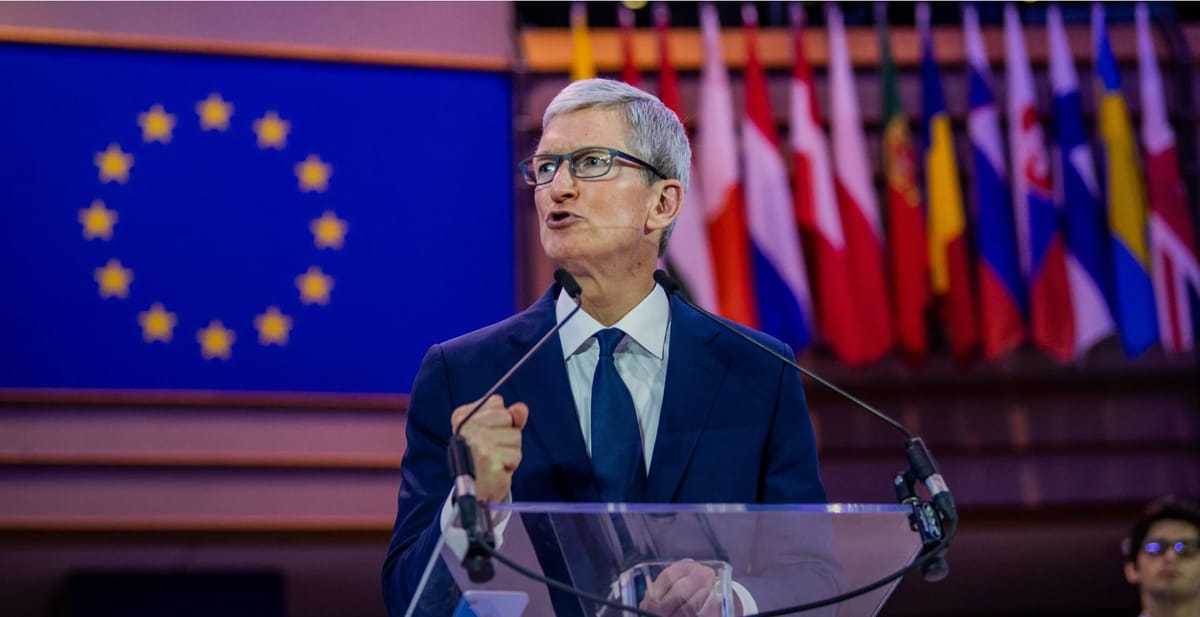
Apple has announced a delay in bringing its highly anticipated Apple Intelligence technology and other AI features to the European market, blaming regulatory hurdles imposed by the EU's Digital Markets Act (DMA). The company claims that the DMA's interoperability requirements could force it to compromise the security and privacy of its products.
The decision means EU users will miss out on Apple Intelligence, the company's flagship AI initiative unveiled at its recent Worldwide Developers Conference. This suite of features, designed to enhance text summarization, image creation, and data retrieval, was poised to be a cornerstone of Apple's strategy to entice users to upgrade their devices.
"We are concerned that the interoperability requirements of the DMA could force us to compromise the integrity of our products in ways that risk user privacy and data security," Apple stated, explaining its rationale for the delay.
The withheld features extend beyond Apple Intelligence to include iPhone Mirroring and enhancements to SharePlay Screen Sharing. These tools, which allow for seamless device integration and remote support, will remain unavailable to EU consumers for the foreseeable future.
This move places Apple alongside other tech behemoths like Meta, OpenAI, and Microsoft, who have either postponed or halted access to their large language models and AI technologies in Europe. The trend raises questions about the unintended consequences of the EU's regulatory approach and its potential impact on the region's technological competitiveness.
Industry experts warn that such decisions could have far-reaching implications. By limiting access to cutting-edge AI tools, the EU risks not only depriving its citizens of innovative technologies but also hampering the ability of European companies to develop new applications based on these platforms.
The situation is further complicated by ongoing regulatory scrutiny. Apple is reportedly set to receive a formal warning from EU regulators as early as Monday regarding its alleged practice of blocking apps from directing users to cheaper web subscriptions. This comes on the heels of a nearly $2 billion fine imposed on the company earlier this year for similar antitrust violations.
As the tech industry and EU regulators continue their complex dance, the balance between fostering innovation and protecting consumer interests remains elusive. The Apple Intelligence delay serves as a stark reminder of the challenges in aligning rapid technological advancement with evolving regulatory frameworks.
For now, EU consumers will have to wait as policymakers and tech companies navigate this intricate landscape. The outcome of this standoff could shape the future of AI deployment in one of the world's largest markets and potentially influence global tech policy for years to come.

